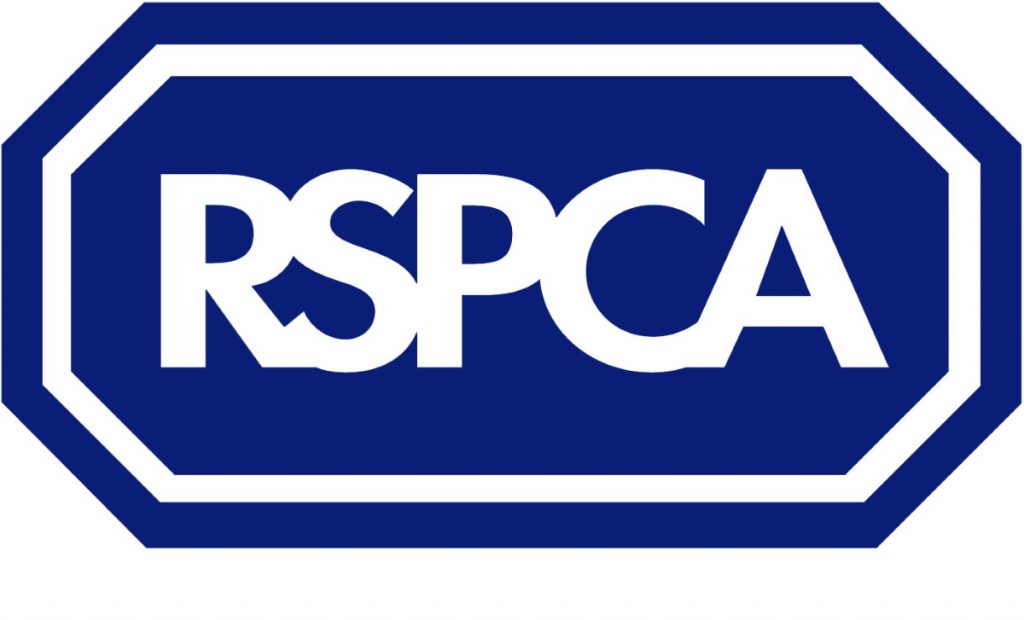Third of parents of children aged four to 15 have been pestered for puppies before, reveals RSPCA
The RSPCA is warning against the perils of the puppy trade this Christmas, after new polling figures revealed nearly a third of parents of children aged four to 15 have been pestered for a puppy by their children.
Britain’s biggest animal welfare charity now fears many mums and dads will fall foul of people selling sick, unsocialised or illegally imported puppies. The RSPCA is keen to warn against irresponsible sellers and breeders who are prepared to exploit the festive period and prey on parents eager to please their children.
Figures from a YouGov poll commissioned by the RSPCA show that 32% of parents of children aged four to 15 have ever been asked to buy a puppy by their children.1
The RSPCA has already taken 30% more calls concerning puppy farms and the puppy trade so far this year, compared to the whole of 2013.2
Violet Owens, RSPCA campaigns manager, said: “The last thing anybody wants on Christmas Day is to be sat with a vet, anxiously waiting to hear whether the puppy they’ve given their children is dead or alive.
“This might sound shocking, but it could be the reality for someone who buys a puppy as a present without doing their homework, particularly given the rising number of underage, unvaccinated and illegally imported puppies we’re encountering.”
“What you think will be the best present anyone could ever wish for could turn out to be the ultimate Christmas nightmare for the whole family.”
It is promising that only 3% of parents of four to 15 years olds would consider buying their child a puppy at Christmas.
Worryingly though 34% admitted they would buy a puppy as a gift for a family member or loved one at any other of the year, excluding Christmas.3
Violet said: “Having a dog is an enormous responsibility and puppies shouldn’t be bought as a gift on a whim or because a child pesters you enough.
“Many puppies are bred purely for profit and the sad fact is that while there continues to be such high demand for puppies, particularly the desirable pure-bred or fashionable crossbreed puppies, there will be puppy traders willing to exploit this fact.”
“Puppy traders often go to extreme lengths to make their illegal operations appear legitimate to unsuspecting buyers. Some rent houses to make it appear as if the puppies have grown up in a home environment. Others post multiple adverts on the internet sites while using separate mobile phones for each breed advertised to disguise the huge numbers they are selling.
“While the message seems to be hitting home that buying a puppy at Christmas is not a good idea, the dangers of effectively ‘buying blind’ apply all year round. That is why we are trying to raise awareness about the problems of the puppy trade by asking people to share photos of their dogs on social media with the hashtag #NotAPresent.”
The RSPCA is now calling on MPs in England to develop legislation that tackles the root causes of the problem by cutting off the illegal trade and ensuring increased accountability and monitoring of anyone who breeds puppies.
People can find out more and join our campaign by contacting their MP via our puppy trade pages at www.rspca.org.uk/puppytrade
The RSPCA is a charity and we rely on public donations to exist. To help us continue to carry on campaigning against the puppy traffickers please text HELP to 78866 to give £3 (Text costs £3 + one standard network rate message).
Notes to editors
Contact the RSPCA press office on 0300 123 0244 or press@rspca.org.uk for more information and photographs.
RSPCA footage of dogs being kept in squalid conditions by a breeder who was subsequently convicted of animal welfare offences is available to download from http://bit.ly/1tQL9UU
1. In a YouGov poll commissioned by the RSPCA, 32% of 724 parents with children aged between four and 15 years old answered ‘yes’ when asked Has your child(ren) ever pestered you (i.e. asked you for on a number of occasions) to buy them a puppy? Fieldwork was undertaken between 27 November and 1 December 2014. The survey was carried out online. The figures have been weighted and are representative of all GB adults (aged 18+).
2. The RSPCA received 2,891 calls logged about puppy farms or the puppy trade between 1 January and 3 December 2014. Between 1 January and 31 December 2013 the RSPCA received 2,229 calls logged about puppy farms or the puppy trade.
3. In a YouGov poll commissioned by the RSPCA, 34% of 724 parents with children aged between four and 15 years old answered ‘strongly agree’ (16%) or ‘tend to agree’ (18%) when asked To what extent, if at all, do you agree or disagree with the statement: I would not buy a puppy as a Christmas present, but would buy a puppy as a gift for a family member or loved one at any other time of the year.





-01.png)